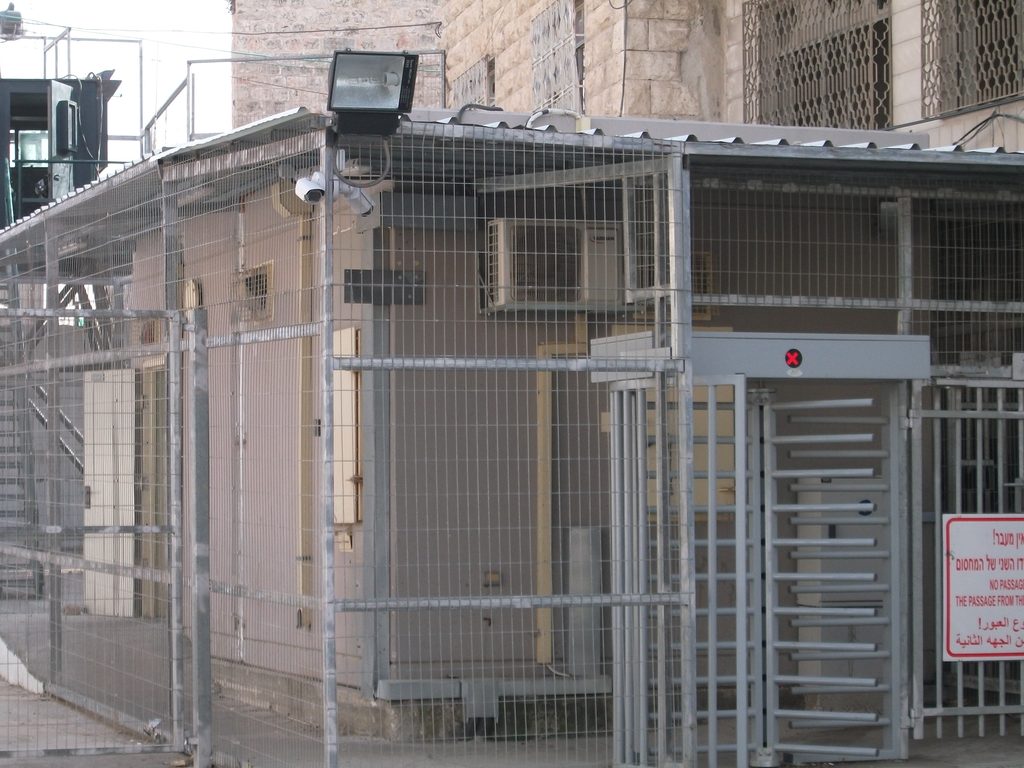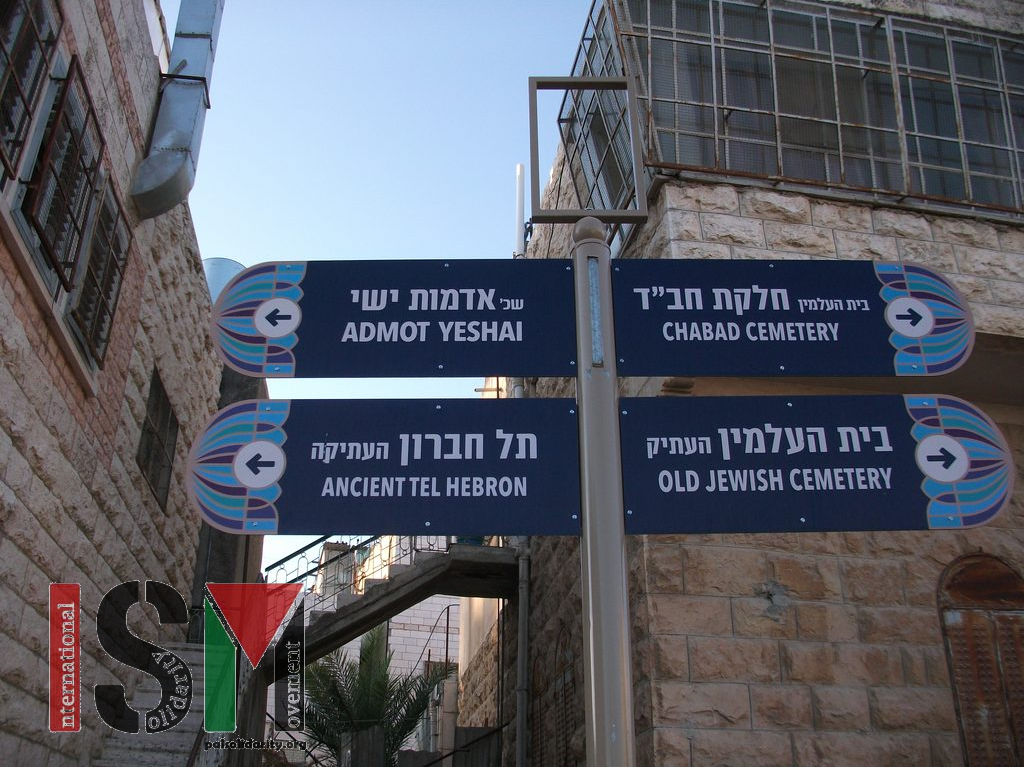Category: Journals
-
Newborn baby – a security-threat?
14th January 2017 | International Solidarity Movement, al-Khalil team | Hebron, occupied Palestine Imagine coming to a checkpoint, manned by a relentless occupying army, on your way home from hospital, holding your new baby who is less than a month old. At the checkpoint, the occupying army refuses to let you pass – insisting that you…
-
Staring down the barrel of a gun
14th January 2017 | International Solidarity Movement, al-Khalil team | Hebron, occupied Palestine According to the theory of realism within the field of international relations, conflict and war is the outcome of an actual threat (a material/military threat). That is, war breaks out when one country is threatening the security of some other country by…
-
New checkpoints, access control-buildings and street-signs in the historical center of Hebron
6th December 2016 | International Solidarity Movement, al-Khalil team | Hebron, occupied Palestine As for colonial Israel, nothing happens without a reason. Periods of extreme violence are followed by relative calm periods with more intense colonial construction activities and preparations for the next facts on the ground. Palestinian daily life is inhumanly restricted by the…



